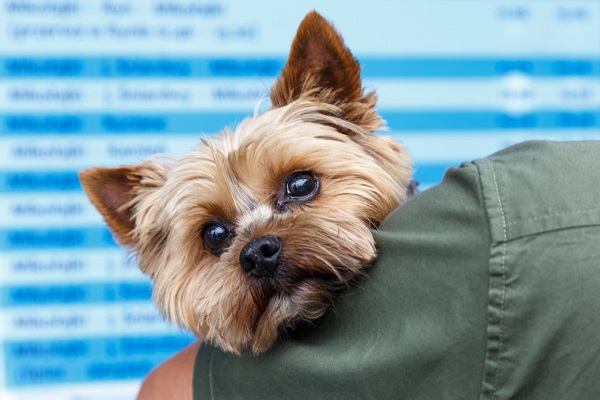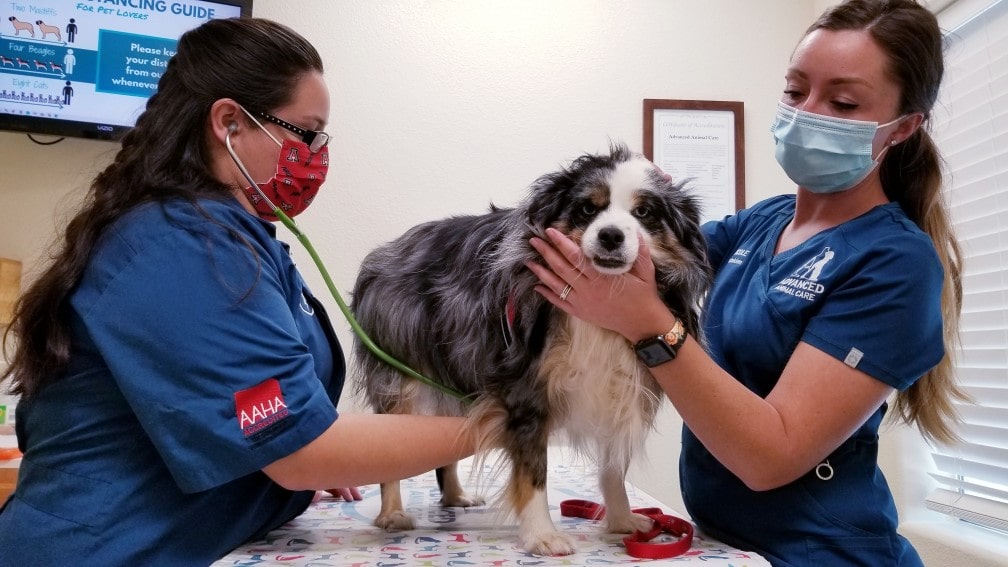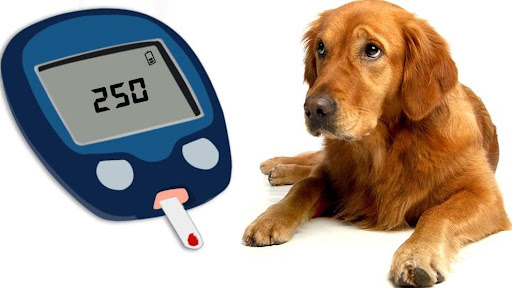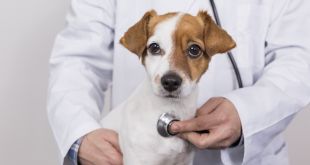You may have wondered about the commonest of ailments that affect the best friends of human beings – dogs. You might believe this or not, but dogs are susceptible to plenty of diseases. However, most conditions are common and treatable.
Thus, as you would have understood, they are not that serious. However, if they are not detected and treated at the right time, some of them could be life-threatening for your little angel.
Top 7 Most Common Dog Diseases
#1 Dental diseases
When you think of the common ailments that dogs suffer from, the first name that comes to mind is dental diseases. In fact, after the age of 3, oral infections start to become a significant problem among dogs. Gingivitis and tartar are problems that they commonly suffer from.
Dogs also suffer from other periodontal diseases such as abscesses that can be more severe. It happens mostly to dogs when they get to a later stage of their lives. The symptoms of dental diseases are as follows:
- Bad breath
- Drooling
- Loose teeth
- Bad temper
- Changes in appetite – they refuse to eat dry food.
- Visible lumps formed under the tongue or on the gums.
- discharging pus or blood from their mouths.
- discolored gums and teeth.
The best way to treat these diseases is to clean their teeth or extract them. At times, the doctor may also have to perform a root canal.
Remember that it is your vet who should be carrying out all the treatment. Therefore, it is crucial to maintain the oral hygiene of your pet. Make sure to take them to the vet regularly so that health-related problems don’t crop up.
Do you get them groomed professionally and regularly? In that case, you could also ask the groomer to brush their teeth.
Read More: 8 Excellent Ways to Keep Your Dog Healthy and Happy
#2 Ear infections
Do your dog’s ear infections keep coming back? Then there is a high chance that they are suffering from some allergy. The possible allergens are the likes of corn, soy, and wheat in their food. However, dogs with big-sized ears resembling pendulums tend to be more vulnerable to such infections.
Is your dog pawing or scratching its ears? Are they shaking their heads or rubbing against the furniture or the floor? These are all signs that they have contracted some ear infection.
#3 Skin infections
Dogs scratch their bodies every day. However, if they do it incessantly, it is a clear sign of infection. Something could be wrong over here. The primary cause of itchy skin in dogs is a food allergy. Once again, the allergens are ones we have already alluded to.
They are found in a lot of dog foods these days. The best way to relieve the itchy skin your dog is suffering from is to switch to foods such as rice and lamb that would cause lesser allergies. If the diet change doesn’t work, you must take them to the vet.
#4 Diarrhea and vomiting
Dogs are like human beings in some ways, mainly because their stomachs can get upset from time to time. Usually, these issues tend to get better by themselves after a few days.
However, if you find that your little ball of love is having a recurrence of these symptoms – or even one of them for that matter – you should get in touch with the vet immediately.
A continuation of these issues points to something a lot more serious. Diseases such as parvovirus, parasites, and intestinal worms can cause your dog’s stomach to be upset.
#5 Pain and stiffness
Is your dog older than six years? Then you may have noticed that they find it difficult to get up from lying down or sitting. Perhaps they are also finding it difficult to climb the stairs. These indicate that they may be experiencing some pain and stiffness in their bodies.
If you want these problems to disappear, you must ensure that your dog has a healthy weight. One will inevitably get old, but that need not be the case with their weight.
#6 Issues in the urinary tract
UTIs (urinary tract infections) are rather evident, and this is because of the symptoms mentioned below:
- frequent urination
- crying at the time of urination
- breaking house training
- straining while urinating
- blood in the urine
- licking the genitalia frequently and obsessively
- dribbling urine
Have you ever noticed any of these symptoms in your dog? Then take them to the vet without any delay. Your vet would take a urine sample and test to determine the infection they are suffering from before prescribing the necessary antibiotic.
#7 Obesity
Do you wish to find out if your dog needs to lose weight or not? Then the best thing to do would be to run your hand over their ribcages. Can you feel their ribs?
If not, it is a clear sign that they are heavier than they should be. In the case of most dogs, the symptoms of obesity are rather prominent.
The rib cage test could do the trick if your baby is on the furrier side. The best way to treat this problem is to get them on the finest possible diet allied with regular exercise.
Conclusion
As a pet parent, it is crucial to be as attentive as you can towards the behavior of your fur baby. If they are behaving differently, it could be a sign that they are under some discomfort.
Most of the diseases that we have talked about in this article are common and not that serious. However, if you overlook these symptoms, they might snowball into something more threatening. Proper treatment is necessary. So, in case of any doubt, get in touch with your vet.

 DogExpress
DogExpress


















 in Chandigarh, India.
in Chandigarh, India. 
